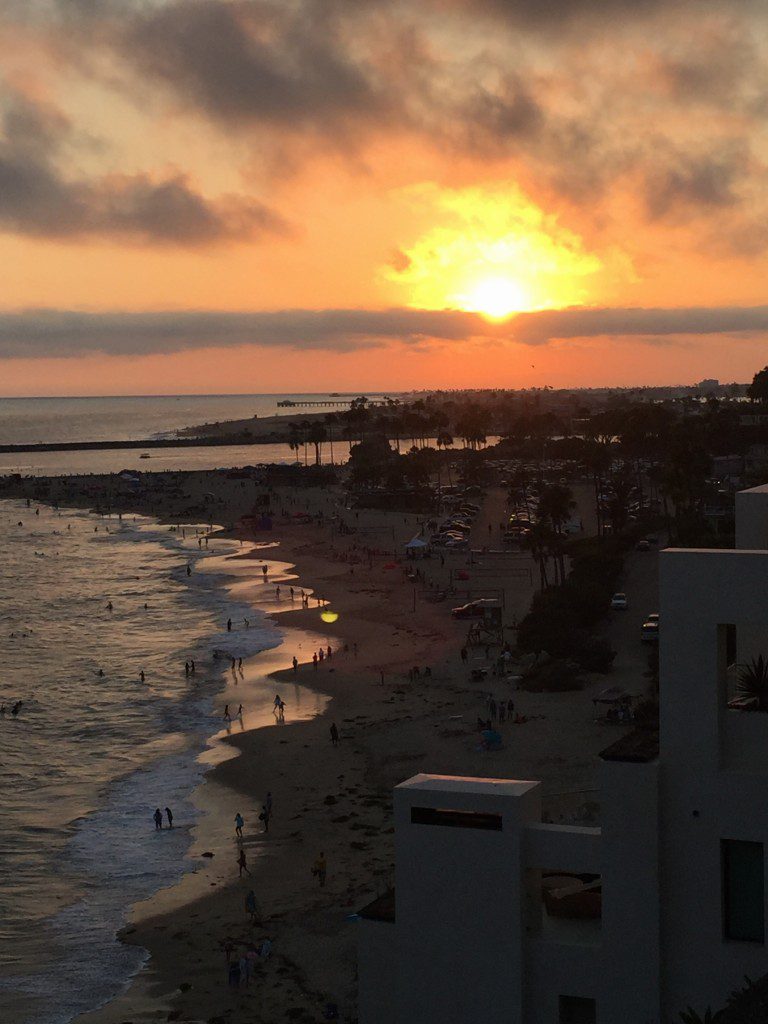
I published this 2015 Thanksgiving column in the Deseret News:
Although American Thanksgiving Day began as a harvest festival, it’s not about eating. Most of us eat quite well—often too well—every day, so meals aren’t special. It’s not even really about family. As its name implies, it’s about giving thanks.
And we have much for which to be thankful.
Why is there a universe in the first place? Why is it so precisely fine-tuned as to produce us? The great twentieth-century atheistic astrophysicist Sir Fred Hoyle concluded, rather grumpily, that the whole thing is “a put-up job,” that “a superintellect has monkeyed with physics, as well as with chemistry and biology.” “As we look out into the universe,” wrote the Anglo-American mathematical physicist Freeman Dyson, of Princeton’s Institute for Advanced Study, “and identify the many accidents of physics and astronomy that have worked together to our benefit, it almost seems as if the universe must in some sense have known that we were coming.”
Ours, says the British physicist Paul Davies, is “a Goldilocks Universe.” It’s “just right.” And so is the globe on which we live, as demonstrated in recent books bearing such titles as “Privileged Planet” and “Rare Earth.”
Our bodies are phenomenally complicated; our brains, some scientists say, are the most physically complex objects in the known universe. Stars and galaxies are simple in comparison.
Most readers of this column enjoy the privilege of American citizenship, or of something rather like it. There are, today, a number of free countries that respect human rights. But many are unfree and oppressive. There are many prosperous nations, too—but also many that are very poor. We should be mindful of those less fortunate than ourselves, but also grateful for the blessings that we enjoy and not complacent about them.
Although most of us are isolated or insulated from the production of food and take it for granted, we have easy access to diets of a richness and variety that would have been unimaginable even to our relatively recent ancestors and to many in the world still today.
Gutenberg’s printing press and, now, ebooks and the Web and powerful search engines, grant us easy access to vast treasuries of knowledge. Cell phones and cheap and instant Internet communications keep us in contact, wherever we are. As we hurtle along in climate-controlled automobiles or jet aircraft, we listen, if the mood strikes us, to concerts by U2, or Taylor Swift, or the Berlin Philharmonic. And we lament journeys of several hours that, not so long ago, would have required uncomfortable days if not miserable and dangerous weeks. GPS systems guide us at every step, taking us from driveway to driveway, thousands of miles away.
Of course, no technical marvel changes life’s fundamentals. We still love family and friends. We still lose them. We become sick and, despite superb healthcare (including antibiotics and surgical procedures unknown to our grandparents), we die. We suffer from the human evils of oppression, crime, cruelty, and war. We endure mental and emotional illnesses, and virtually all of us know someone whose life has been damaged or even ruined by the scourge of drugs.
So, more than for anything else, we who’ve been privileged to learn of the Gospel of Christ should be thankful for his atonement and resurrection, which can mend all broken things and make all good things eternal. The power is not ours, but his. I close with powerful words from two hymns, the first from Rudyard Kipling and the second a Latin text derived from Psalm 115:1 and most recently set to memorable music by the great film composer Patrick Doyle:
God of our fathers, known of old,
Lord of our far-flung battle-line,
Beneath whose awful Hand we hold
Dominion over palm and pine—
Lord God of Hosts, be with us yet,
Lest we forget—lest we forget!
The tumult and the shouting dies;
The Captains and the Kings depart:
Still stands Thine ancient sacrifice,
An humble and a contrite heart.
Lord God of Hosts, be with us yet,
Lest we forget—lest we forget!
Far-called, our navies melt away;
On dune and headland sinks the fire:
Lo, all our pomp of yesterday
Is one with Nineveh and Tyre!
Judge of the Nations, spare us yet,
Lest we forget—lest we forget!
“Non nobis, Domine, non nobis, sed nomini tuo da gloriam.” “Not unto us, O Lord, not unto us, but to thy name give the glory.”
Thanks be to God.
Posted from Newport Beach, California











